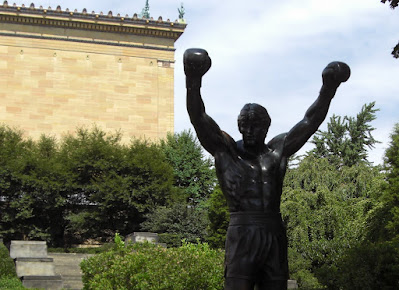When Benny and her big brother Byron attend the reading of their mother's will, they little realise that they will hear a story about a missing sister and a murder. Jumping backwards and forwards across time and from the Caribbean to the UK and to the USA, this novel reveals the secrets of the mother's (and their father's) past and, eventually, reveals whodunnit.
Although, close to the end, there was a moment when I got a lump in my throat, for the vast majority of this book I didn't really care about these people and their convoluted histories. I think the problem was this this was a novel driven first by issues (black men in the US fear the traffic police, black men get discriminated against at work, women are raped, women are coerced into relationships, women are sometimes forced to give up their babies, sugar is linked to slavery, foods that are seen as 'belonging' to a certain region often don't etc) and this led to the primacy of plot over character. A lot happens in this book. And because a lot has to happen there had to be a lot of characters. And because some of the characters have secrets, the story has to be told from a number of points of view (at least eleven of them get to speak). Therefore, the author has adopted the technique of 'head hopping': switching from narrator to narrator. The narrative is fragmented into a lot of very short sections, told from different PoVs. But, except for one or two moments when a specific word was dropped in, the voices of each of the characters sounded identical. The author tells us what is happening, sometimes she even explains the thought processes of the character narrating, but I never felt that I was inside the head of whoever was narrating; I never felt that I saw what was happening through the eyes of the character narrating, except in the most superficial sense. And, as a result, I never felt that any character was at all real. That's why I didn't care about the characters and, this in turn meant that although I understood the arguments, I didn't have any emotional connection to the issues.
Several of the characters are, in any case, too good to be true. Of course Byron is "the African American social media darling of the ocean sciences" (he's also a "brainy athlete"). Of course one of his mother's friends becomes a world-record holder for endurance swimming. Of course his half-sister is another social media and TV star, this time for cooking, who wipes the floor on live TV with a "coffee guru". These are the sort of people we all meet every day of our lives.
Of course, it is a "New York Times bestseller": book buyers in New York don't seem to want character-driven narratives. It has a strong, fast-paced and intricate plot, but because of the thin and sometimes stereotyped characterisations, it lacked verisimilitude and I found it shallow and superficial.
The point was made in my book group that, despite being purportedly anti-racist, the image portrayed of the Chinese characters is negative and stereotyped, perhaps reflecting an unconscious bias on the part of the author.
Selected quotes:
- "Her satin-covered shoes lay strewn on the lawn outside like tiny capsized boats." (Prologue: Then 1965)
- "A chubby, squiggle-headed baby girl following him around the house" (Part One: Now: 2018)
- "The delicate mechanics of having to work for a living"
- "Eleanor had lied to her husband for all these years because she understood that is you wanted someone to keep loving you, you couldn't ask them to bear all of your burdens, couldn't risk letting them see all of who you were. No one really wanted to know another person that well." (Part Three: Decency)
June 2023; 416 pages (but actually shorter because of the fragmented narrative)












